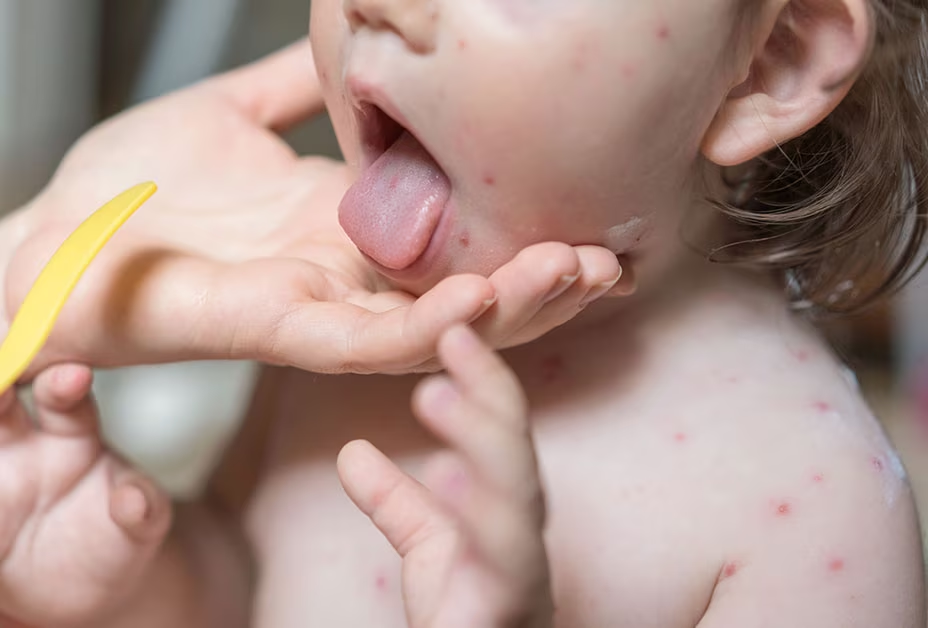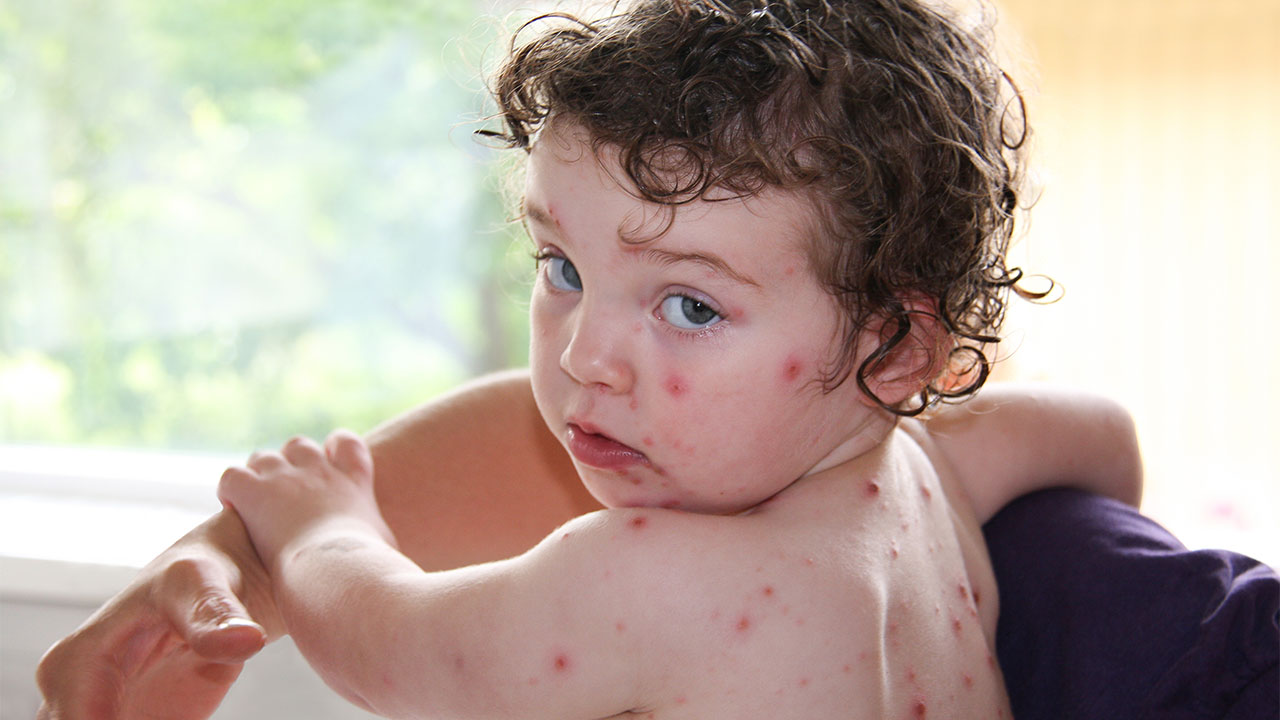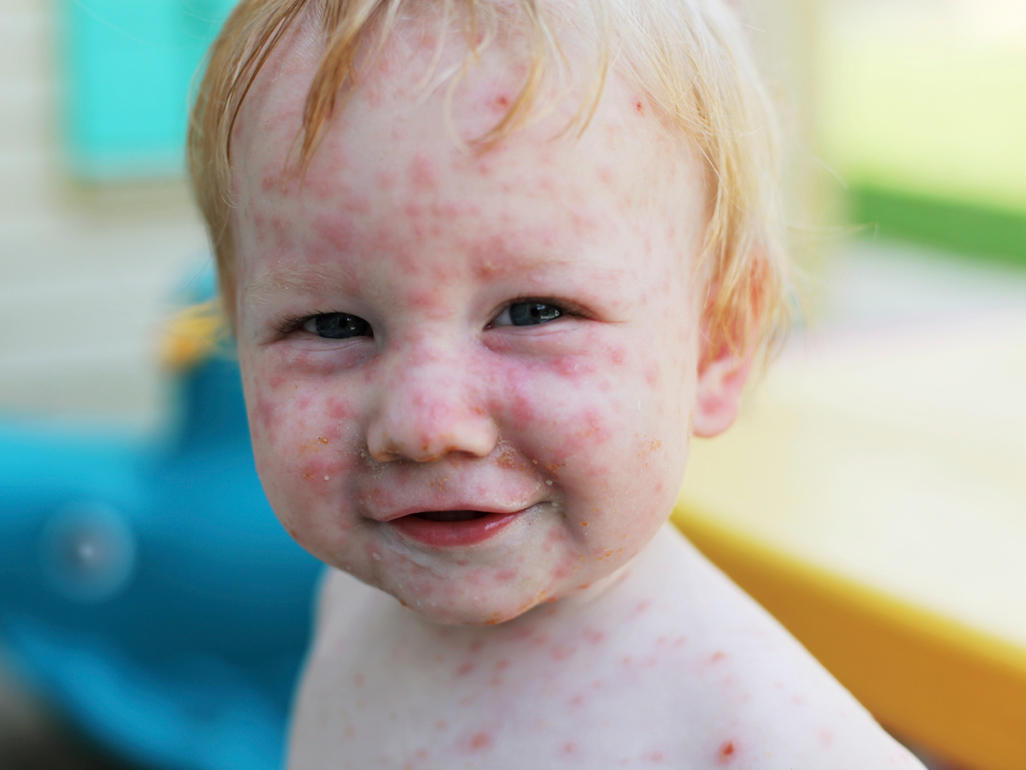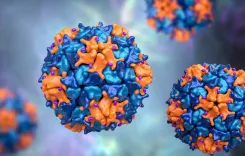Everything You Should Know About Chickenpox
By Hafsa Hafeez
21 May 2023
Chickenpox is a highly contagious viral infection caused by the varicella-zoster virus (VZV). Although it is commonly associated with childhood, people of all ages can be affected. Understanding the symptoms, transmission, and prevention methods associated with chickenpox is crucial to minimize its spread and ensure timely treatment. In this blog post, we will explore everything you should know about chickenpox to promote awareness and help protect yourself and your loved ones.

Read more: Home Remedies To Soothe Chicken Pox
Symptoms of Chickenpox:

The primary symptom of chickenpox is an itchy rash that begins as small, red bumps and progresses into fluid-filled blisters. These blisters eventually crust over and heal. Other symptoms may include fever, headache, fatigue, and loss of appetite. The rash usually appears on the face, chest, back, and then spreads to other parts of the body. It is important to note that symptoms can vary from person to person, with some experiencing mild symptoms while others may have a more severe illness.
Transmission of Chickenpox:

Chickenpox is highly contagious and can be easily transmitted from person to person. The virus spreads through direct contact with the rash or respiratory droplets of an infected individual. It can also be transmitted through touching objects or surfaces contaminated with the virus. People with chickenpox are contagious from one to two days before the rash appears until all the blisters have crusted over. It is crucial to avoid close contact with individuals who have chickenpox to prevent the spread of the virus.
Complications and Risk Factors:

While chickenpox is generally a mild illness, certain complications can arise, especially in high-risk individuals. These include bacterial skin infections, pneumonia, encephalitis (inflammation of the brain), and, rarely, severe complications affecting the liver, bones, or blood. Newborns, pregnant women, individuals with weakened immune systems, and adults are more susceptible to complications. It is important to seek medical attention if you or your child experience severe symptoms or if you fall into a high-risk category.
Prevention and Vaccination:

Vaccination is the most effective method to prevent chickenpox. The varicella vaccine is recommended for children, adolescents, and adults who have not had chickenpox. It provides long-lasting immunity and significantly reduces the risk of severe illness and complications. Maintaining good hygiene practices, such as frequent handwashing, is also essential in preventing the spread of the virus. If someone in your household has chickenpox, isolating them until all the blisters have crusted over can help prevent transmission.
Understanding chickenpox, including its symptoms, transmission, and prevention methods, is crucial in controlling its spread and ensuring the well-being of individuals at risk. Vaccination is highly recommended, as it offers protection against severe illness and potential complications. By practicing good hygiene habits and avoiding close contact with infected individuals, we can collectively minimize the impact of chickenpox and promote a healthier community. Stay informed, prioritize prevention, and seek medical attention when necessary to effectively manage this contagious disease.
You Might Also Want To Read This
Popular Posts





